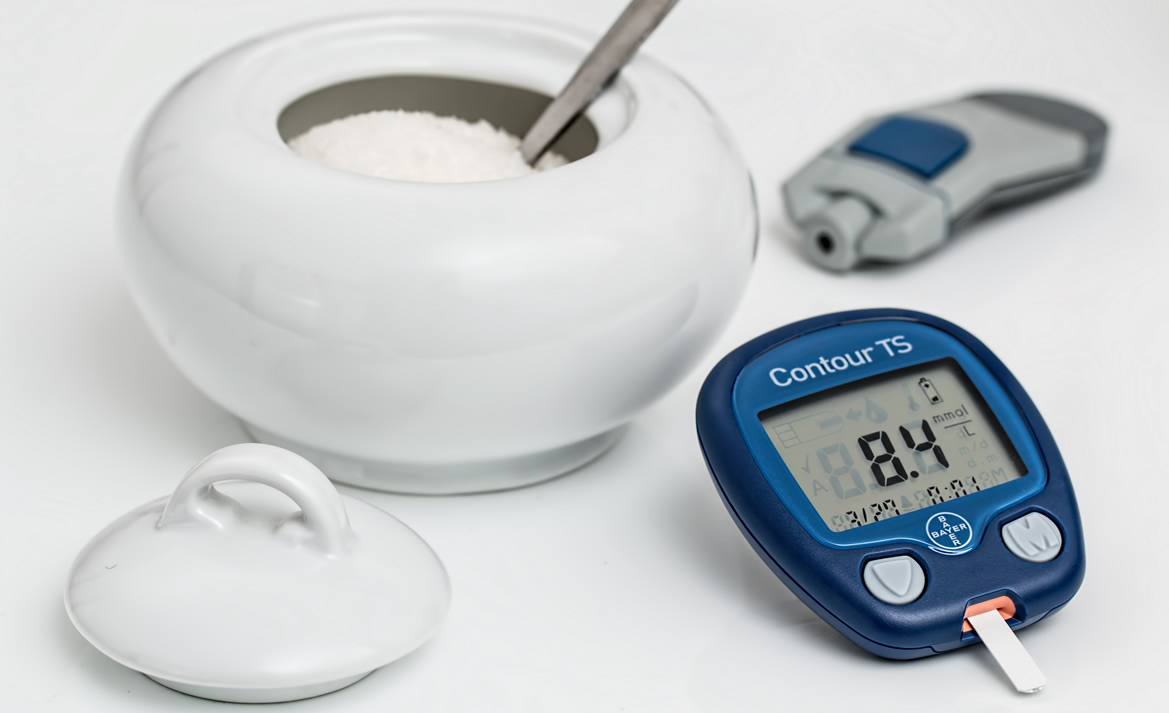Diabetes in the Digital Age

Diabetes is a chronic, heterogeneous metabolic disorder. It is characterised by elevated blood glucose levels, caused by either a resistance to, or a deficit of, insulin. Currently, the world is faced with a pandemic of diabetes, with no end in sight. Causes of it are poorly understood, and although genetics does play a role, studies undertaken in various countries have demonstrated that it can be prevented, or at least controlled, with simple lifestyle changes.
Technologies of the digital age have touched every aspect of our professional and personal lives and are playing increasing role in helping us manage diseases. Diabetes is no exception to this.
Diabetes management can significantly be improved with the use of technology due to very nature of the disease. Clinical information systems and self-management of the disease conditions are the most critical principles of chronic-care model1.
The three pillars of every good diabetes self-care program are:
1. Being physically active
2. Healthy, balanced diet
3. Regular monitoring2
Digital and its associated technologies can help to strengthen all of these components.
Diabetes Education in the Digital Age
With the advent of the information age, medical information education was the first thing to become available online; powered by Google, connected by social and accessed by mobile. Today, almost all of the major professional organisations provide online educational material for healthcare professionals- as well as patients. A good example of such sources are official websites of American Diabetes Association and the American Association of Clinical Endocrinologists or the charity organisation, Diabetes UK.
Calorie Counting
Today, many websites and apps can help to plan a diet for individuals living with diabetes. These apps and online resources also suggest the most nutritious products.
Online Calculators
A person living with diabetes may need to calculate many things, from BMI to their insulin dose. There are online calculators for every possible need.
Network Enabled Gadgets
Digital technology is not just about websites. Most companies like Apple, Garmin and many others are offering wearables to help monitor health parameters such as heart rate, VO2 max (aerobic capacity), sleep and physical activity.
Apart from wearable devices, digital technology has completely transformed the traditional methods of monitoring and disease management. Examples of such technological achievement are network integrated scales, blood pressure monitoring machines, and glucometers. Such devices can now be bought with network functioning, cloud data storage, data analysis, and the ability to provide regular advice.3
Telemedicine
It is perhaps one of the most critical areas of application, but due to specific legal and compliance issues involved, it has been slow to catch on. However, there may be opportunities to help manag diabetes, through telemedicine, in combination with traditional face to face care.
Application of telemedicine means that a person needs to travel less and is therefore especially beneficial for those residing in remote areas. Furthermore, it has been demonstrated to bring down the costs of healthcare.
The quality of telemedicine is bound to improve as more and more people own network-enabled devices. Research has shown that telemedicine and other digital technologies, combined with traditional methods of care in diabetes, can significantly improve health outcomes4.
Future of Diabetes Care
Whilst no one can accurately predict the future impact, or direction of digital and its associated technologies, it is clear that improved health outcomes will result from better integration of mobile apps with the social platforms, linking in with the formal healthcare system, and incorporation of artificial intelligence for smarter processing of data.
References
1. Grover A, Joshi A. An Overview of Chronic Disease Models: A Systematic Literature Review. Glob J Health Sci. 2015;7(2):210-227. doi:10.5539/gjhs.v7n2p210.
2. Rice D, Kocurek B, Snead CA. Chronic disease management for diabetes: Baylor Health Care System's coordinated efforts and the opening of the Diabetes Health and Wellness Institute. Proc Bayl Univ Med Cent. 2010;23(3):230-234.
3. Shah VN, Garg SK. Managing diabetes in the digital age. Clin Diabetes Endocrinol. December 2015. doi:10.1186/s40842-015-0016-2.
4. Marcolino MS, Maia JX, Alkmim MBM, Boersma E, Ribeiro AL. Telemedicine Application in the Care of Diabetes Patients: Systematic Review and Meta-Analysis. PLOS ONE. 2013;8(11):e79246. doi:10.1371/journal.pone.0079246.